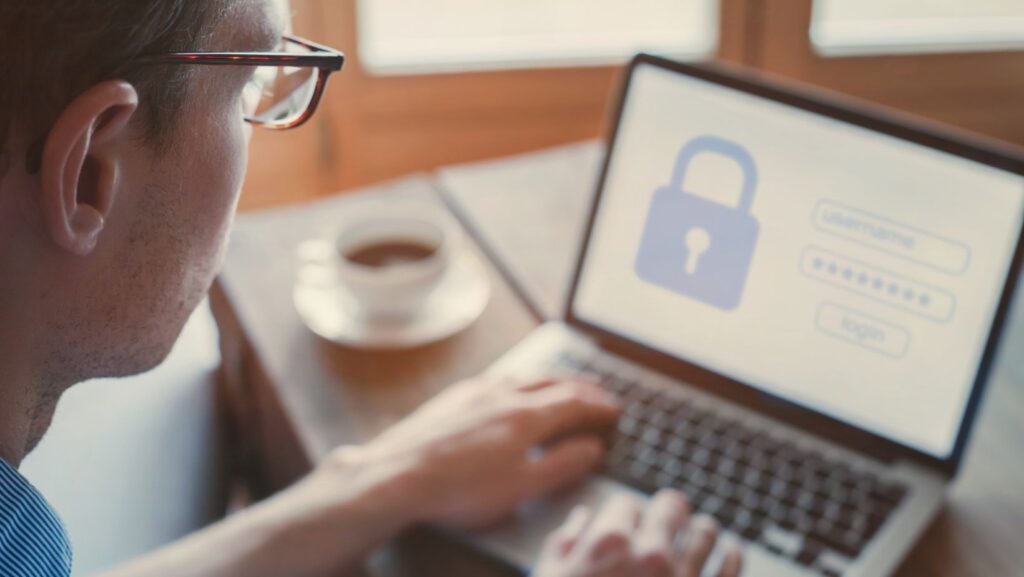Protecting information has become crucial as businesses and daily life become more digital. Every day, people and businesses face risks to their data. This article explores current methods for keeping digital information safe. We’ll look at why these methods matter and how they work.
Building Digital Walls
Imagine a castle with solid walls. In the digital world, we have similar defenses called firewalls. When information tries to enter or leave a network, the firewall checks it. It uses special rules to decide if the data is safe. If something looks wrong, the firewall stops it. This helps keep hackers or viruses away from our computers.
Firewalls come in different types. Some are simple and only do basic checks. Others are smarter and can spot tricky threats. The best ones can even learn and adapt to new dangers. Overall, they’re always working to keep our digital world safe.
Keeping Online Games Fair and Safe
Gaming sites, including online casinos in the UK, utilize special protection technologies. This is necessary since these sites handle money and personal details that could cause immeasurable damage if they get into the wrong hands.

The best casinos in the UK use advanced SSL encryption, which ensures that all your personal and banking details are secure. As such, you can play your favourite casino games at a live online casino in UK without worrying that unauthorized personnel will access your information.
These gambling sites also work hard to make sure that the games are fair. They use special computer programs to ensure that games are random. Experts check these programs to ensure they work correctly, which helps players know that the games are fair and not rigged.
Proving You’re Really You
With all things online, authentication determines true user identities. As such, anyone without rights to access certain information can’t view or use it.
There are many ways to prove who you are online. Passwords are common, but they’re only sometimes enough. That’s why many places now ask for more than one proof. This is called multi-factor authentication.
Some systems use special devices for authentication; others might ask for a fingerprint or face scan. These methods are more complex for bad guys to copy. The goal is to ensure that only the right people can access essential data.
Turning Words into Puzzles
One clever way to protect information is to turn it into a secret code. This is called encryption. It’s like turning words into a puzzle that only the right people can solve. Even if someone steals the data, they cannot understand it without the key.

There are different ways to make these puzzles. Some use one key to lock and unlock the information. Others use two different keys. The best encryption is tough to break. Even super-fast computers would take a very long time to figure it out.
Encryption is used in many places. It keeps information safe when it’s stored on computers and protects data when it’s sent over the Internet. Many websites use encryption to keep things like passwords and money details safe.
Making Copies Just in Case
Keeping extra copies of important stuff is smart. In the digital world, we call this backing up. It’s like having a spare key for your bike. Saving copies isn’t always essential, but it can be helpful sometimes.
Some people save copies on special drives at home. Others use online storage that keeps the copies far away. This way, you’re ready for anything that might happen.
It’s important to keep these copies safe, too. They need the same protection as the original information, which means using secret codes and controlling who can see them.

